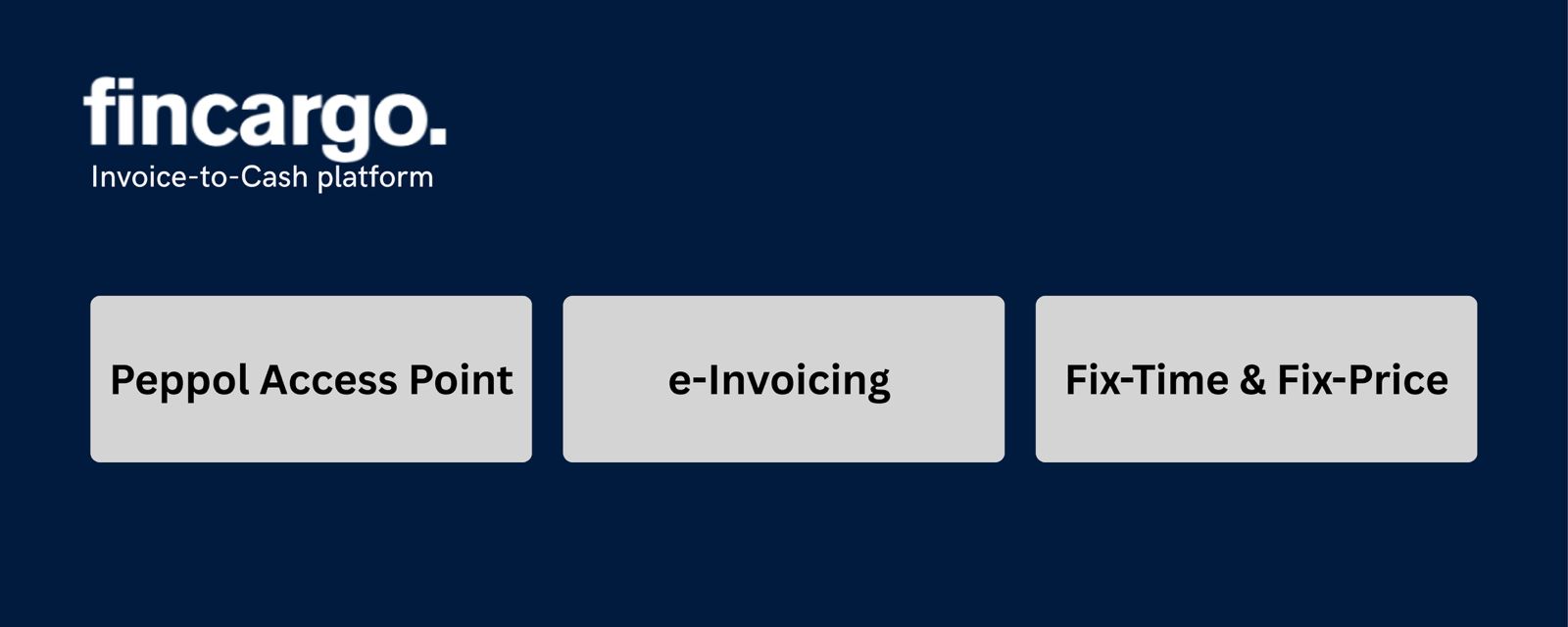- Strategic Imperative for Compliance: Belgium is leading a digital transformation in tax compliance through its comprehensive e-invoicing mandate, which requires the electronic creation, transmission, and archiving of invoices. This initiative aims to enhance VAT collection, streamline B2B and B2G transactions, and reduce administrative burdens, aligning with the EU’s broader VAT in the Digital Age (ViDA) initiative.
- Key Milestones and Compliance Requirements: The rollout includes mandatory e-invoicing for B2G transactions starting March 1, 2024, and for B2B transactions by January 1, 2026, using the Peppol BIS 3.0 standard. Businesses must ensure their invoicing systems are integrated with the Peppol network and comply with detailed technical specifications, including up to 55 mandatory data fields and secure transmission protocols to avoid significant fines for non-compliance.
- Operational Advantages and Financial Incentives: Proactive adoption of e-invoicing offers operational efficiencies and improved financial transparency, with the Belgian government providing financial incentives, such as increased investment and cost deductions for digital upgrades. To fully leverage these benefits, businesses must act swiftly to align their processes with the impending compliance deadlines and automate their invoicing systems.
Source RTCsuite
Click on the logo to visit the website
Briefing Document & Podcast: Belgium Mandatory B2B E-Invoicing – VATupdate
- See also
- Join the Linkedin Group on Global E-Invoicing/E-Reporting/SAF-T Developments, click HERE
Latest Posts in "Belgium"
- Ensuring Enforceability of Invoice Terms Under Mandatory Peppol E-Invoicing in Belgium
- FAQ on E-Invoicing implementation in Belgium
- Belgium’s New VAT Rules Spark Confusion, Criticism, and Fears of Higher Costs
- Belgium Raises VAT on Takeaway Meals; New Rules Based on Shelf Life Spark Debate
- Belgium Extends GKS 2.0 Implementation Deadline, Offers Longer Tolerance Period for Catering Sector















